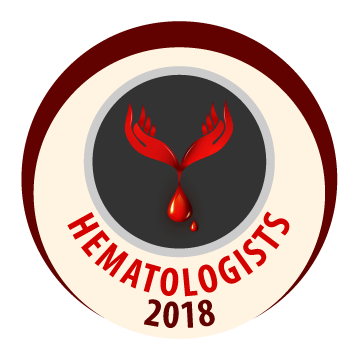
Rana Ghazi Zaini
Taif University, Saudi Arabia
Title: Differential interactions of falcarinol combined with anti-tumor agents on cellular proliferation and apoptosis in human lymphoid leukaemia cell lines
Biography
Biography: Rana Ghazi Zaini
Abstract
Leukaemia is the most common childhood cancer, and whilst recent advances in therapy have improved survival, current treatments are still limited by their side effects. Thus, new therapies are urgently needed; this study investigated the effects of falcarinol, a polyacetylene isolated from carrots (Daucus carota) in combination with chemotherapy agents, anti-cancer agents and other apoptosis inducers. Inhibition of cellular proliferation and induction of apoptosis were investigated in three human lymphoid leukaemia cell lines. Cellular proliferation was determined via ATP quantification using the Cell Titer Glo® assay. Induction of apoptosis was investigated using caspase 3 activity assay and confirmed by nuclear morphology using Hoechst 33342. The study demonstrated that CCRF-CEM cells failed to induce synergistic response with any of the investigated chemotherapies, but importantly no inhibition was observed either. Jurkat cells showed a significant synergistic induction of apoptosis following joint treatment with falcarinol and a death receptor 5 agonist (DR5), whereas CCRF-CEM cells showed only an additive response. Conversely within MOLT-3 cells falcarinol partially inhibited the induction of apoptosis by DR5 agonist although this failed to reach significance. However MOLT-3 cells demonstrated synergistic induction of apoptosis when falcarinol was combined with either bortezomib (proteosome inhibitor), or sulforaphane (histone deacetylase inhibitor). Identification of interactions between natural bioactive compounds with anti-cancer drugs may provide new pathways to target cancerous cells. Furthermore, since some combinations enhance apoptosis but some inhibit apoptosis it may be important to consider these interactions for dietary advice during therapy.

